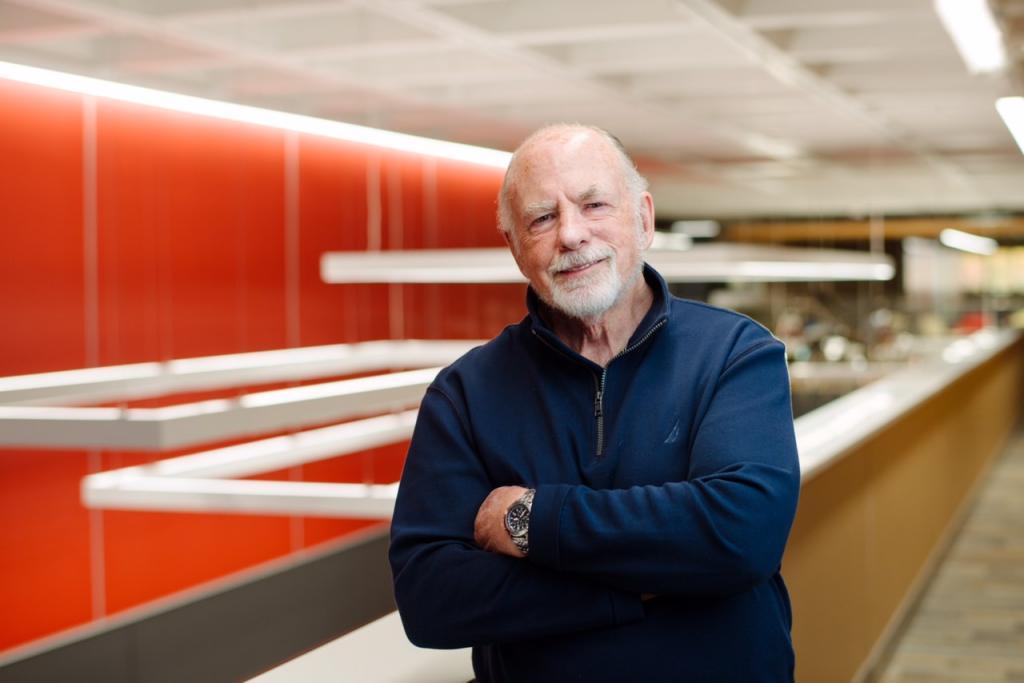Thank you for your message. The IPPA team will get back to you shortly. You first need to login here.



William N. “Bill” Dunn passed away on May 16, 2022 in Pittsburgh, Pennsylvania. His passing represents a great loss to the public policy community, and to the University of Pittsburgh where he had taught for over 50 years in the Graduate School of Public and International Affairs. In addition to his teaching, Bill Dunn had been an associate dean of the school several times, and was instrumental in developing a joint program in policy studies with universities in the (then) Republic of Macedonia.
Bill had a remarkable range of interests and talents in policy analysis and in the social sciences more generally. He is probably best know for his book, Public Policy Analysis, now entering its seventh edition, and translated into a number of languages. This book is a comprehensive and creative discussion of how to analyze and to construct public policies that has been widely cited and widely used. His discussions of problem-structuring, both in this book and elsewhere, constitute seminal contributions to policy research research, and he was continuing to work creatively on problem structuring at the time of his passing.
Although public policy constituted to core of his scholarly contributions, Bill had made contributions in a number of other areas. When I first met him he was working with a group of sociologists in the US and Europe on knowledge utilization, and the sociology of knowledge. He also has had an abiding interest in the philosophy of (social) science and in methodology. For him methodology was not the simplistic choice of one regression model or another, but a set of more fundamental questions about the epistemological and ontological foundations of our research. Toward the end of his career Bill Dunn had become increasingly interested in Harold Lasswell’s contributions to the founding of the public policy field, as well as in pragmatism and the other foundations of Lasswell’s policy analysis.
As well as being a major scholar in the public policy, Bill Dunn was also a skilled teacher and mentor. In the course of his career at the University of Pittsburgh he supervised more than 60 dissertations, and worked with hundreds of other doctoral students. He continued to be a mentor to many of those students long after they had completed their degrees.
Bill Dunn was a strong supporter of the IPPA, and was instrumental in obtaining support for the first session of Workshops in Pittsburgh in 2018. He co-chaired a workshop there, and also particpated in the 2019 ICPP in Montreal. With his background in the Peace Corps and other international programs, he was extremely supportive of our international vision for the field.
Finally, Bill Dunn was a wonderful colleague and friend. He was always willing to discuss ideas and papers, and to provide advice and encouragement. Even when he disagreed profoundly with ideas he did so in a gracious and constructive manner, always attempting to advance our collective ability to understand policy. I, his colleagues here at Pitt, and many colleagues around the world feel a great sense of loss in his passing.
B. Guy Peters
University of Pittsburgh


Thank you for your message. The IPPA team will get back to you shortly. You first need to login here.